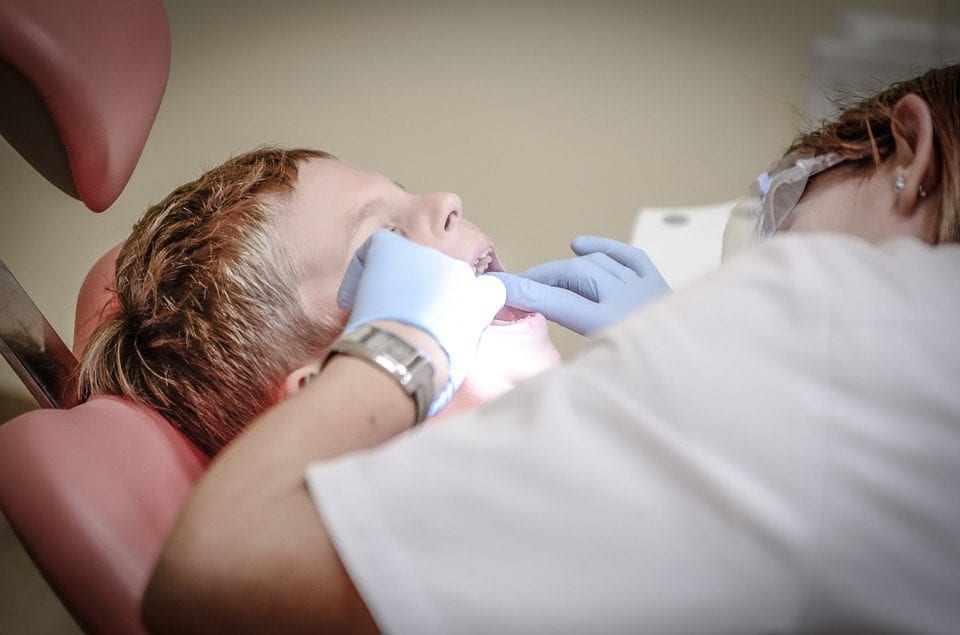 Due to the temporary nature of the milk teeth in the child’s development process, the problems of milk teeth are often unduly underestimated. Meanwhile, both permanent teeth and milk teeth are exposed to the risk of caries and other dental diseases. Not only do you need to clean them, but also when disturbing symptoms appear, treat them.
Due to the temporary nature of the milk teeth in the child’s development process, the problems of milk teeth are often unduly underestimated. Meanwhile, both permanent teeth and milk teeth are exposed to the risk of caries and other dental diseases. Not only do you need to clean them, but also when disturbing symptoms appear, treat them.
Deciduous teeth have less protection against bacteria and are more prone to decay than permanent teeth because they contain less minerals. It is worth considering early prevention and prevention of decay of deciduous teeth. This will help to avoid many ailments and additional costs.
Deciduous teeth are the basis for the correct formation of the bite
Correctly preserved milk teeth, which are naturally replaced by permanent teeth, guarantee the proper placement of dentition in the maxilla and mandible. The development of caries and the need for premature removal of milk teeth may lead to malocclusion, which later will require expensive orthodontic treatment.
Dental Caries in Deciduous Teeth
A particularly dangerous situation is when the untreated milk teeth are in the mouth with “fresh” permanent teeth. Caries is an infectious disease. You can not assume that this problem will disappear along with falling out dairy. The infection can easily move to growing permanent teeth. The result of such neglect can be pulpitis, which consequently leads to its removal and the need for prosthetic treatment.
Why Do We Need to Keep Baby Teeth Healthy
You should take care of milk teeth from early childhood. At the beginning, parents must remember about oral hygiene of their child and make a habit of regular brushing. There are a number of accessories and pastes available on the market for children, which help to ensure that their teeth are properly protected.
It is also necessary to observe the child’s teeth and respond quickly to disturbing changes. Even if we do not see the need to visit a dentist, it is worth taking the child for preventive checks in order to avoid unnecessary treatments at a later time. In addition, a visit to the dentist may allow early detection of malocclusion, which may help to prevent the child from orthodontic correction.
Picture Credit: jarmoluk
